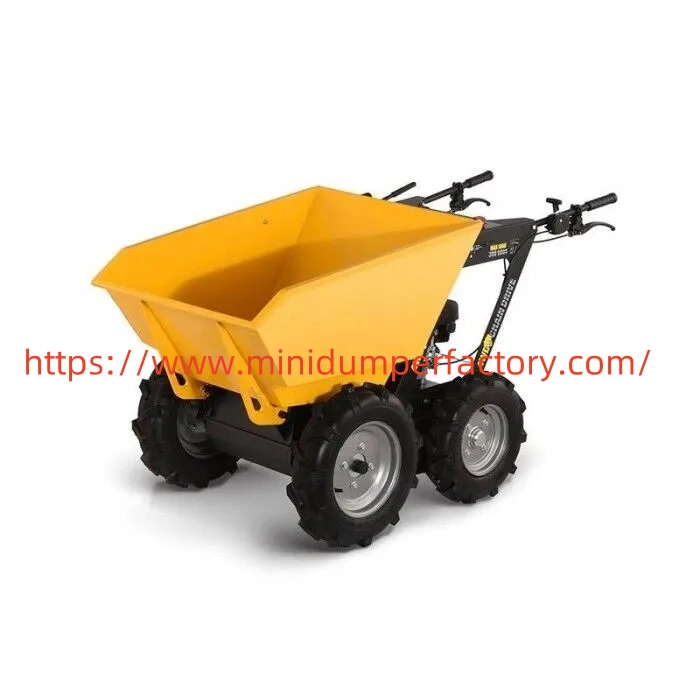In today' sustainable landscaping solutions, the demand for tools like the Electric Garden Loader has increased due to its quiet operation and reduced environmental impact.
As modern gardening practices shift toward greener and more efficient technologies, battery-powered machinery has rapidly gained acceptance among urban gardeners, small farm owners, and landscapers. These machines are redefining how we approach transport and soil-moving tasks in gardens, nurseries, and private properties. A well-designed electric loader offers users control, minimal maintenance, and ease of operation—features that align with the evolving demands of sustainable horticulture.
One of the standout advantages of electric-powered garden equipment is the significantly lower noise output compared to fuel-powered alternatives. For neighborhoods or urban gardens where sound pollution is a concern, electric machinery ensures a more peaceful environment without sacrificing power or productivity. Additionally, electric loaders reduce harmful emissions, supporting healthier soil and air quality in the area of operation.
Another key advantage lies in operational efficiency. A rechargeable loader minimizes downtime with simple battery swaps or plug-in charging and eliminates the need for handling gasoline or diesel. This makes electric loaders cleaner and safer, especially for amateur users or those unfamiliar with traditional engines. Modern models are often designed with ergonomic controls, smooth acceleration, and intuitive maneuverability, making them suitable even for users with limited experience.
In terms of productivity, electric loaders excel in tasks like transporting mulch, compost, soil, and plants across varied terrain. Their compact design and strong torque allow for effective navigation through narrow paths, raised beds, or delicate flower zones. These benefits make them an asset not only in residential gardens but also in greenhouse operations, botanical gardens, and community landscaping projects.
Additionally, the total cost of ownership for electric machinery tends to be lower over time. With fewer moving parts, reduced maintenance needs, and rising energy efficiency, the investment quickly pays off. Users also benefit from lower operational noise, which extends permissible working hours in certain zones, particularly in residential areas.
More recently, manufacturers have started offering electric loaders with advanced features like digital displays, adjustable speed settings, and terrain-adaptive wheels. These innovations aim to support productivity while accommodating various garden sizes and tasks. Whether spreading compost over a raised bed or hauling debris after pruning, electric garden loaders provide flexibility that manual carts or traditional wheelbarrows cannot match.
In conclusion, electric-powered garden tools continue to gain momentum as they combine innovation with environmental responsibility. Choosing a well-built model suited to your garden’s scale and daily needs can transform your workflow and reduce long-term labor costs. As battery technology and design continue to evolve, users can expect even more accessible and efficient tools for garden care.
For more information and product options, visit www.minidumperfactory.com
